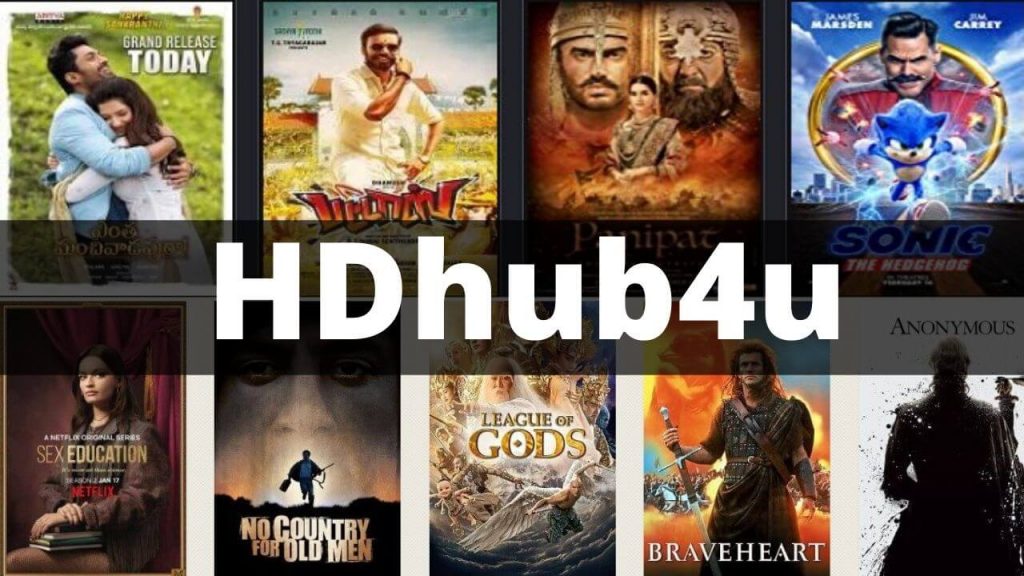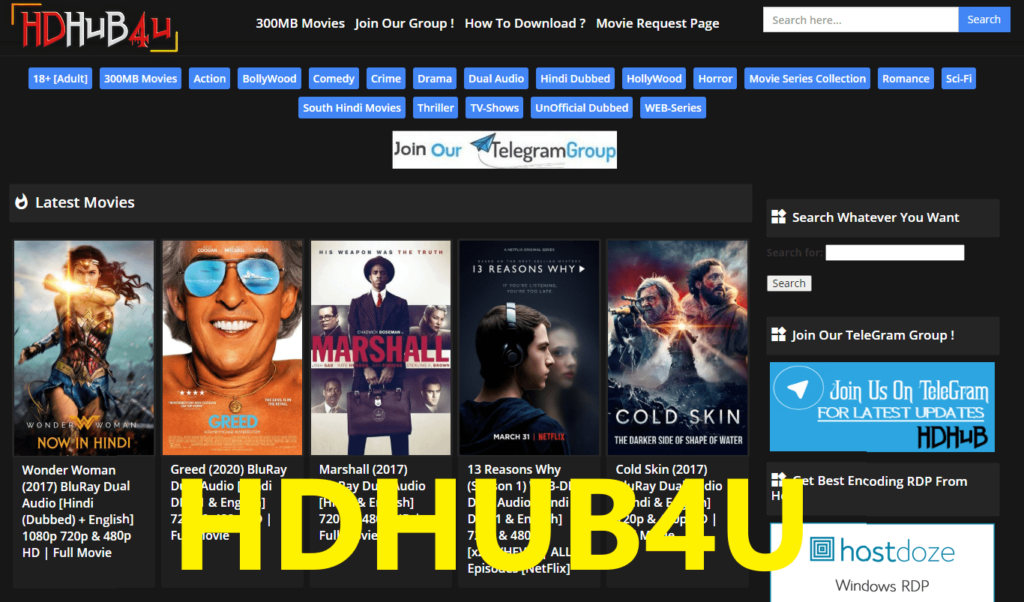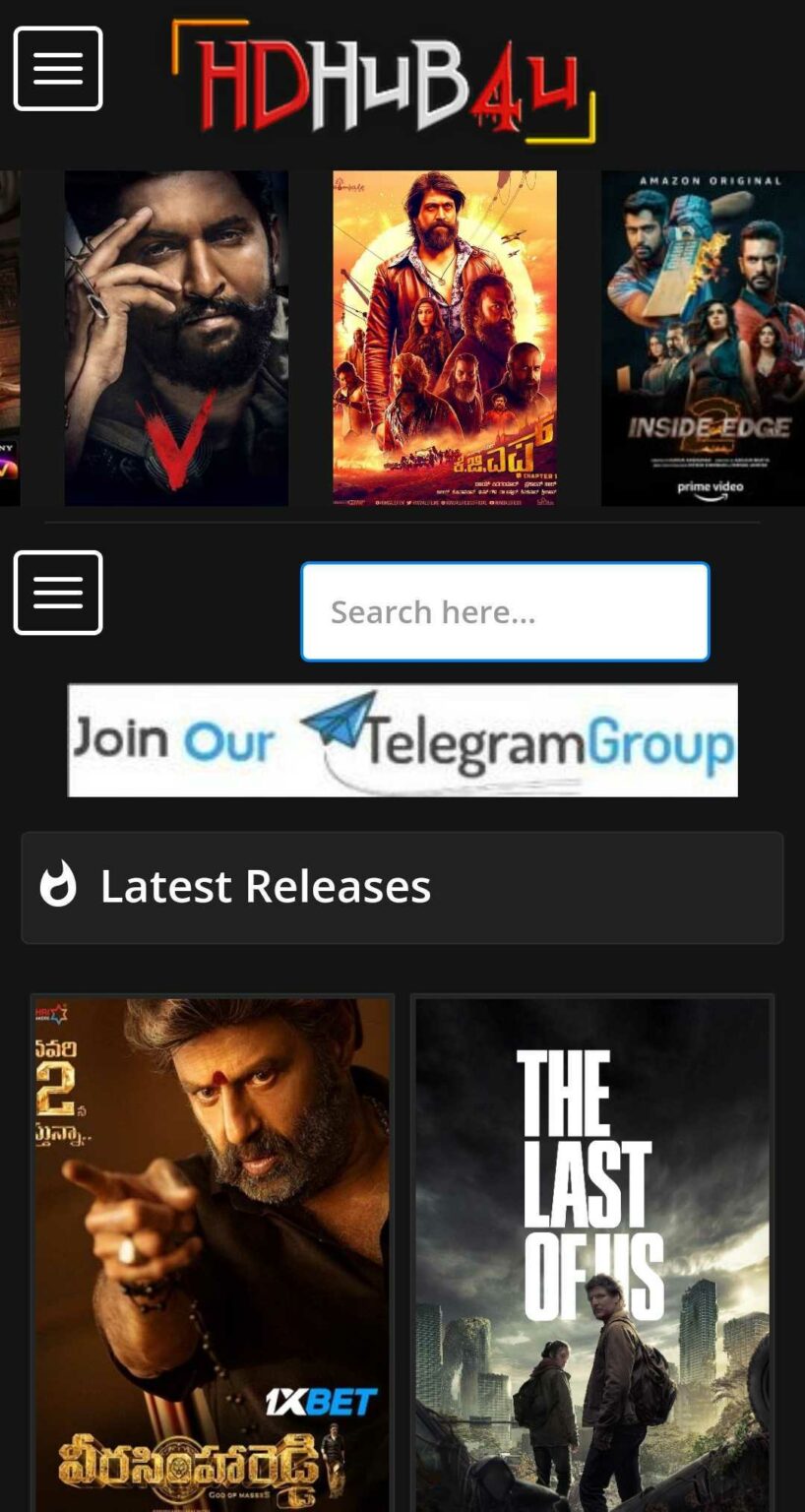Ever been lost in the digital wilderness, searching for something, anything, only to be met with the stark, unforgiving message: "We did not find results for:" followed by the coldly logical suggestion, "Check spelling or type a new query."? This ubiquitous phrase, a digital dead end, speaks volumes about the architecture of information, the fallibility of human input, and the ever-widening gap between what we seek and what algorithms can deliver.
These seemingly innocuous lines of text, often relegated to the bottom of a search results page, represent more than just a temporary setback. They are a constant reminder of the limitations of search engines, the importance of precise language, and the inherent difficulty in bridging the gap between human intent and machine interpretation. They are the digital equivalent of a closed door, a frustrating barrier to accessing the information we crave. These words highlight the crucial role language plays in the digital age, where a single misspelled word or poorly phrased query can lead to a complete failure to retrieve relevant information. The experience can be particularly jarring when we know the information exists, yet the search engine, for reasons we may not fully understand, is unable to locate it. It underscores the power that search engines wield, shaping our access to knowledge and influencing our understanding of the world.
Consider the implications for a researcher seeking obscure historical documents, a journalist investigating a complex issue, or a student trying to complete an urgent assignment. Each "We did not find results for:" message represents lost time, increased frustration, and a potential barrier to achieving their goals. The message becomes more than just a technical glitch; it's a hurdle in the path of knowledge, a constant reminder that the digital world, despite its vastness, is not always easily navigable.
- Watch Kannada Movies Online Where To Stream Latest Updates
- 2025 Telugu South Indian Movies Where To Watch News
These phrases, often overlooked, also serve as a subtle commentary on the nature of human error. We are, after all, creatures prone to typos, misremembered names, and imprecise language. The "Check spelling or type a new query" suggestion, while helpful, implicitly acknowledges this inherent fallibility. It's a gentle nudge, a digital reminder to be more careful, more precise, and more aware of the nuances of language. In a world increasingly reliant on digital tools, the ability to communicate effectively with machines is becoming an essential skill. This means not only mastering the complexities of grammar and vocabulary but also understanding the underlying logic of search algorithms and the ways in which they interpret our queries.
The issue also extends beyond simple spelling mistakes. Often, the problem lies in the phrasing of the query itself. Search engines rely on complex algorithms to understand the relationship between words and concepts. A query that is too broad, too narrow, or simply poorly structured can easily lead to a dead end. This highlights the importance of developing effective search strategies, learning to refine our queries, and understanding the limitations of different search engines. It's a constant learning process, a continuous effort to adapt our language to the demands of the digital world.
Furthermore, the "We did not find results for:" message can be particularly disheartening when it occurs after multiple attempts to refine a search. The feeling of banging one's head against a digital wall is a common experience for anyone who has spent hours searching for elusive information. In these situations, it's often helpful to take a step back, reassess the search strategy, and consider alternative approaches. This might involve using different keywords, exploring different search engines, or consulting with a librarian or research expert. The key is to remain persistent, to avoid getting discouraged, and to recognize that the search for information is often a challenging and iterative process.
- Vegamovies Blocked Find Alternatives Where To Watch Movies Online
- Watch Now Movies Shows Your Guide To Streaming More
The proliferation of information online has created a paradox: while we have access to more information than ever before, it can also be more difficult to find exactly what we need. Search engines, despite their sophistication, are not always able to effectively filter through the vast amounts of data and deliver the most relevant results. This means that users must develop critical thinking skills, learn to evaluate the credibility of sources, and be aware of the potential biases that can influence search results. The "We did not find results for:" message, in a way, serves as a reminder of this responsibility. It's a prompt to be more discerning, more critical, and more proactive in our search for knowledge.
The phrases also expose the underlying architecture of search itself. Search engines operate by indexing websites and creating a vast database of keywords and their associated pages. When a user enters a query, the search engine attempts to match those keywords to the indexed data. If there is no match, or if the match is weak, the search engine returns the dreaded "We did not find results for:" message. This highlights the importance of website optimization, the process of ensuring that websites are easily indexed and searchable by search engines. Website owners must carefully choose keywords, write clear and concise content, and structure their websites in a way that is easily understood by search algorithms. This is not only important for attracting visitors but also for ensuring that their information is accessible to those who are seeking it.
Moreover, the "We did not find results for:" message can sometimes be a symptom of a larger problem: the digital divide. Not everyone has equal access to information online, and those who lack the necessary skills or resources may be more likely to encounter this frustrating message. This is particularly true for individuals who are not native English speakers, who may struggle to formulate effective search queries in English. It's also true for individuals who lack access to reliable internet connections or who are unfamiliar with the latest search technologies. Addressing the digital divide is not only a matter of providing access to technology but also of providing training and support to help people navigate the complexities of the digital world.
In some cases, the "We did not find results for:" message may be a sign that the information simply does not exist online. This can be frustrating, but it's also a reminder that the internet is not a comprehensive repository of all human knowledge. There are still vast amounts of information that are not digitized, that are only available in print, or that are held in private archives. In these situations, it's important to explore alternative sources of information, such as libraries, museums, and historical societies. The internet is a powerful tool, but it's not the only tool available. A researcher must be prepared to use a variety of methods to find the information they need.
The frequent appearance of this frustrating notification brings up the philosophical question of what constitutes a "result". Is it merely a link to a webpage that contains the keywords entered? Or does it require a deeper understanding of the user's intent and a delivery of information that truly satisfies their query? The evolution of search engines is moving toward the latter, incorporating artificial intelligence and machine learning to better understand the nuances of human language and to provide more relevant and personalized results. However, the "We did not find results for:" message remains a stark reminder of the limitations of current technology and the ongoing challenge of bridging the gap between human and machine understanding.
Consider the impact of this message on small businesses trying to establish an online presence. If their websites are not properly optimized for search engines, they may struggle to attract customers. The "We did not find results for:" message can be a death knell for a small business, preventing potential customers from finding their products or services. This highlights the importance of digital marketing, the practice of using online channels to promote a business and attract customers. Small businesses must invest in search engine optimization (SEO), pay-per-click advertising, and social media marketing to ensure that their websites are visible and easily found by potential customers.
Ultimately, the phrases "We did not find results for:" and "Check spelling or type a new query" are more than just error messages. They are a reflection of the complex relationship between humans and machines, a reminder of the importance of language, and a call to action to improve the accessibility and usability of the digital world. They highlight the ongoing need for better search algorithms, more effective search strategies, and a greater understanding of the nuances of human communication. They are a constant reminder that the search for knowledge is a never-ending journey, a continuous effort to bridge the gap between what we seek and what the digital world can deliver. The phrases are a modern day koan for the information age.
These phrases, in their stark simplicity, are a constant invitation to reconsider our approach to information retrieval. They encourage us to be more precise in our language, more critical in our evaluation of sources, and more persistent in our pursuit of knowledge. They are a reminder that the digital world, despite its vastness and power, is still a work in progress, and that the search for information is an ongoing adventure. The journey through the digital landscape is paved with both triumphs and frustrations, and these simple phrases are a constant companion along the way.
The digital age has promised unprecedented access to information, yet the persistence of these error messages serves as a sobering reminder of the inherent challenges in organizing and retrieving that information effectively. As search algorithms continue to evolve, and as artificial intelligence plays an increasingly prominent role in information retrieval, the hope is that the frequency of these frustrating encounters will diminish. However, the underlying issues of language, intent, and the complexities of human communication will likely remain, ensuring that the "We did not find results for:" message will continue to serve as a poignant commentary on the ongoing quest for knowledge in the digital world.
Indeed, the very act of encountering this message can be a catalyst for learning and discovery. It forces us to confront our own assumptions, to question our search strategies, and to explore alternative pathways to information. It encourages us to think creatively, to experiment with different keywords and phrases, and to consider the broader context of our search. In this sense, the "We did not find results for:" message can be seen not as a dead end, but as an invitation to embark on a more enriching and rewarding intellectual journey.
It underscores the power that search engines wield, shaping our access to knowledge and influencing our understanding of the world, what about its creator?
| Personal Information | |
| Name: | Larry Page (Example) |
| Birthdate: | March 26, 1973 (Example) |
| Birthplace: | East Lansing, Michigan, USA (Example) |
| Nationality: | American (Example) |
| Education: | Bachelor of Science in Engineering, University of Michigan. Master of Science in Computer Science, Stanford University. (Example) |
| Career Information | |
| Occupation: | Computer Scientist, Internet Entrepreneur (Example) |
| Key Achievement: | Co-founded Google with Sergey Brin (Example) |
| Net Worth: | Approximately $100+ Billion (USD) - Varies with market fluctuations (Example) |
| Companies: | Google (Alphabet Inc.) (Example) |
| Professional Information | |
| Areas of Expertise: | Search Algorithms, Data Mining, Large-Scale Computing, Artificial Intelligence (Example) |
| Awards & Recognition: | Numerous awards for innovation and entrepreneurship. (Example) |
| Website: | Alphabet Inc. |



Detail Author:
- Name : Dr. Lionel Larson Jr.
- Username : verda.kunde
- Email : wbahringer@gmail.com
- Birthdate : 1999-05-08
- Address : 75081 Miguel Mountain Marianamouth, KY 96540-1570
- Phone : +13602459934
- Company : Osinski, Senger and Graham
- Job : Pharmacy Technician
- Bio : Illo doloribus ipsum suscipit ut. Provident ullam voluptatem velit aut. Qui debitis numquam tenetur qui fuga. Veritatis ratione sapiente et aut at aliquam iste animi.
Socials
instagram:
- url : https://instagram.com/althea_official
- username : althea_official
- bio : Laborum ipsum vel commodi et sed. Non expedita sunt reiciendis fugiat eligendi.
- followers : 4998
- following : 911
tiktok:
- url : https://tiktok.com/@althea_dev
- username : althea_dev
- bio : Error incidunt illum suscipit nisi nesciunt iure.
- followers : 368
- following : 1479